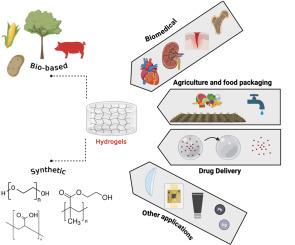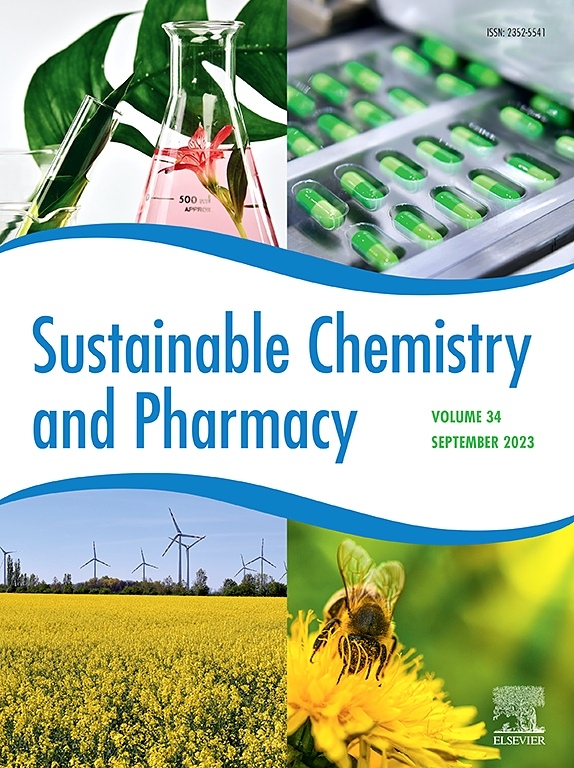Eco-hydrogels: The new frontier of sustainability: A review
IF 5.8
2区 化学
Q2 CHEMISTRY, MULTIDISCIPLINARY
引用次数: 0
Abstract
The growing demand for eco-friendly materials to address environmental, economic, and health challenges is rapidly shifting the focus of materials science toward natural and bio-based alternatives. Among these, eco-hydrogels have emerged as a promising class of materials due to their biodegradability, non-toxicity, and renewable origin.
This review goes beyond a mere summary of the literature by critically analyzing the sustainability potential of natural hydrogels compared to synthetic counterparts. We identify key knowledge gaps that hinder their large-scale application, including poor mechanical stability, lack of standardized green metrics, and limited scalability of production methods. Furthermore, we propose strategic directions to overcome these limitations, such as hybrid formulations, bio-inspired crosslinking, and lifecycle-based assessment tools.
By mapping current progress and critical bottlenecks, this work aims to guide future research toward the development of next-generation hydrogels that are not only high-performing, but also environmentally sustainable.

生态水凝胶:可持续发展的新前沿:综述
为了应对环境、经济和健康方面的挑战,人们对环保材料的需求不断增长,这正迅速将材料科学的重点转向天然和生物基替代品。其中,生态水凝胶因其可生物降解性、无毒性和可再生来源而成为一种有前途的材料。这篇综述超越了文献的简单总结,批判性地分析了天然水凝胶与合成水凝胶相比的可持续性潜力。我们确定了阻碍其大规模应用的关键知识差距,包括机械稳定性差,缺乏标准化的绿色指标,以及生产方法的可扩展性有限。此外,我们提出了克服这些限制的战略方向,如混合配方、生物启发交联和基于生命周期的评估工具。通过绘制当前的进展和关键瓶颈,这项工作旨在指导未来的研究,以开发下一代水凝胶,这些水凝胶不仅具有高性能,而且具有环境可持续性。
本文章由计算机程序翻译,如有差异,请以英文原文为准。
求助全文
约1分钟内获得全文
求助全文
来源期刊

Sustainable Chemistry and Pharmacy
Environmental Science-Pollution
CiteScore
8.20
自引率
6.70%
发文量
274
审稿时长
37 days
期刊介绍:
Sustainable Chemistry and Pharmacy publishes research that is related to chemistry, pharmacy and sustainability science in a forward oriented manner. It provides a unique forum for the publication of innovative research on the intersection and overlap of chemistry and pharmacy on the one hand and sustainability on the other hand. This includes contributions related to increasing sustainability of chemistry and pharmaceutical science and industries itself as well as their products in relation to the contribution of these to sustainability itself. As an interdisciplinary and transdisciplinary journal it addresses all sustainability related issues along the life cycle of chemical and pharmaceutical products form resource related topics until the end of life of products. This includes not only natural science based approaches and issues but also from humanities, social science and economics as far as they are dealing with sustainability related to chemistry and pharmacy. Sustainable Chemistry and Pharmacy aims at bridging between disciplines as well as developing and developed countries.
 求助内容:
求助内容: 应助结果提醒方式:
应助结果提醒方式:


